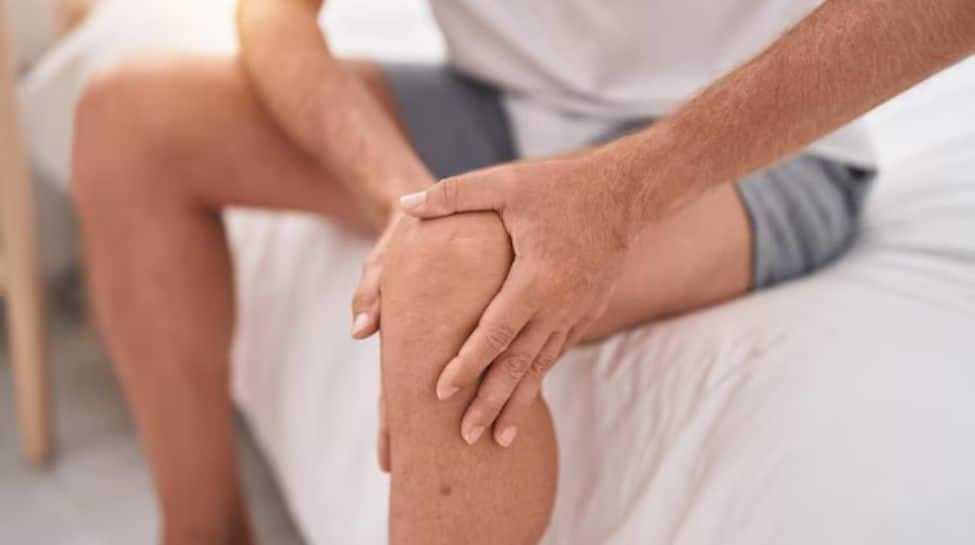Arthritis, characterized by joint inflammation and pain, is often irreversible, especially when linked to age or genetics. However, some lifestyle choices can help delay or reduce the risk. Maintaining a healthy weight reduces strain on joints, particularly the knees, while regular exercise strengthens the muscles surrounding the joints, enhancing flexibility and reducing stiffness.
Dr. Hemant Sharma, Chairman – Orthopaedics and Joint Replacement, Marengo Asia Hospital, Gurugram says, “A well-balanced diet rich in antioxidants, calcium, and omega-3 fatty acids supports joint health. Additionally, avoiding joint overuse and quitting smoking can help prevent or lessen arthritis severity.”
He further states, “For individuals already living with arthritis, managing symptoms is crucial for maintaining quality of life. Gentle exercises such as yoga, walking, or swimming improve joint mobility without overtaxing the joints.”
How to Live with Arthritis? Pain Management and Tips
Dr. Akhilesh Yadav, Associate Director – Orthopaedics and Joint Replacement, Max Hospital, Vaishali says, “Living with arthritis, which causes pain, stiffness, and inflammation in the joints, can be challenging. However, with the right pain management techniques, a more comfortable and active life is achievable.”
Here are some strategies
1. Exercise: Low-impact exercises like swimming, cycling, or walking help maintain joint flexibility and relieve pain. Regular movement strengthens the muscles around the joints, reducing pressure. Yoga and stretching exercises also improve range of motion and reduce stiffness.
2. Heat and Cold Therapy: Applying heat (warm baths, heating pads) can relax stiff joints and ease muscle tension, while cold therapy (ice packs) reduces swelling and numbs pain. Alternating between these methods can be effective in managing discomfort.
3. Medication: Over-the-counter pain relievers like ibuprofen or acetaminophen can help with mild pain, while doctors may prescribe stronger anti-inflammatory medications or corticosteroid injections for more severe cases. Always consult a healthcare provider for proper medication and dosage.
4. Weight Management: Maintaining a healthy weight reduces the stress on weight-bearing joints like the hips and knees, minimizing inflammation and slowing the progression of arthritis.
5. Physical Therapy: A physical therapist can design specific exercise programs to improve joint flexibility and strength, while assistive devices such as braces or walking aids can provide additional support and reduce pain.
By adopting these measures, individuals with arthritis can significantly improve their quality of life and manage pain effectively.


